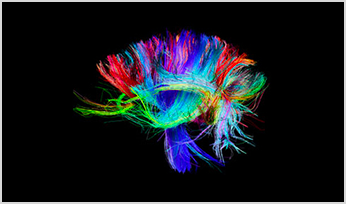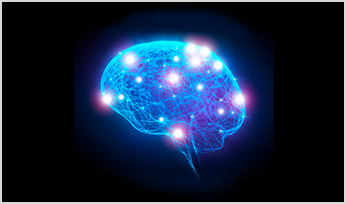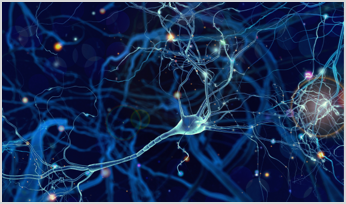
Blueprint
The NIH Blueprint for Neuroscience Research is a cooperative effort among the 15 NIH Institutes, Centers and Offices that support neuroscience research to identify cross-cutting areas of research and confront challenges too large for any single Institute or Center.

The BRAIN Initiative
The Brain Research through Advancing Innovative Neurotechnologies® (BRAIN) Initiative is part of a new Presidential focus aimed at revolutionizing our understanding of the human brain.

CounterACT
Trans-NIH translational research program supporting basic, translational, and clinical research aimed at the discovery or identification of better therapeutic medical countermeasures and/or diagnostic technologies against chemical threat agents.


Interagency Research Coordinating Committees
Federal advisory committees created by the Department of Health and Human Services to enhance research efforts and promote collaboration across the government.
Learn more about interagency research coordinating committees

ME/CFS Working Group
Established in 1999, the Trans-NIH Myalgic Encephalomyelitis/Chronic Fatigue Syndrome (ME/CFS) Working Group includes representatives from NIH Institutes, Centers, and Offices within the NIH Office of the Director.

NIH Common Fund
NIH Common Fund programs address key roadblocks in biomedical research that impede basic scientific discovery and its translation into improved human health, and capitalize on emerging opportunities to catalyze progress across multiple biomedical fields.

NIH HEAL Initiative
The NIH Helping to End Addiction Long-term (HEAL) Initiative is an aggressive, trans-agency effort to speed scientific solutions to stem the national opioid public health crisis.

NIH Pain Consortium
The NIH Pain Consortium supports initiatives, development of research resources and tools, and hosts events to promote collaboration and highlight advances in pain research across the many NIH Institutes and Centers that address pain.

Rigor & Reproducibility
Information about NINDS effort to encourage rigor, control of bias, and transparency of reporting — important components for all research.

Office of Emergency Care Research
This office coordinates and fosters clinical and translational research and research training for the emergency setting.
